When I was growing up, my aunt Zlota from Chicago used to ask for the time of day by saying, “How much is the clock?” This must have been a literal translation from Yiddish or Russian. The memory of her and this lovely expression remains with me today.
Adam Frank is a professor and an astrophysicist at the University of Rochester. Adam Frank is a Zen practitioner at the Rochester Zen Center. The article quoted in this posting from Tricycle.com, is about how physicists think about time and how Buddhists think about time. It’s about time someone is writing this!
Enough of puns!
Adam Frank gave the Dean Lecture at the Morrison Planetarium at the California Academy of Sciences which I attended just two months ago. This is what the Academy of Sciences said about the lecture:
Dr. Frank Adam is a professor of astrophysics at the University of Rochester. In
this talk, Dr. Adam explains how the texture of our lives changes along with our understanding of the universe’s origin. Since we awoke to self-consciousness fifty thousand years ago, our lived experience of time has been transformed and rebuilt many times. But the latest theories in cosmology such as time with no beginning, parallel universes, and eternal inflation are about to send us in a new direction. Time is both our grandest and most intimate conception of the universe. Dr. Adam [Frank] tells the story of humanity’s deepest question, “When and how did everything begin?” He looks at the way our engagement with the world has allowed us to discover the nature of the universe and how those discoveries, in turn, inform our daily experience. Book Signing to follow.
He was an excellent speaker and held the audience captivated for 90 minutes. His book is called, About Time: Cosmology and Culture at the Twilight of the Big Bang.
How Much Is The Clock?
Adam Frank’s insights about time seem to offer a good place to start to find parallels between science and Buddhism. He states,
Given the centrality of time in both the Buddhist and the scientific worldviews, it just may be the right place to begin a search for authentic parallels between them.
The treatment of time in Buddhism is discussed here:
Buddhism’s essential insight on time’s passage is its fundamental lack of substance. As Shunryu Suzuki put it, “You may say, ‘I must do something this afternoon,’ but actually there is no ‘this afternoon.’ At one o’clock you will eat your lunch. To eat your lunch is, itself, one o’clock.” In his great work Uji, or The Time-Being, the thirteenth-century Zen master Eihei Dogen drew a direct link between time, being, and the self. For Dogen, they were all of a piece, unfolding through a present that is essentially dynamic and creative, an elemental self-revelation of all that is. “The way the self arrays itself is the form of the entire world,” says Dogen. “Thus the self setting itself out in array sees itself. This is the understanding that the self is time.” Dogen’s writings are nuanced and complex, but the lightning bolts of illumination in his description of time can strike even a novice reader like myself.
For science, he had to talk about Newton’s idea of time:
Newton imagined the flow of time to be absolute and universal. Time was like a smoothly flowing river running through all creation with unwavering constancy. Ten minutes on my watch must be the same as ten minutes on yours, no matter where or when in the universe we may be. Time for Newton was separate and unique.
as well as Einstein’s theory of relativity and the unification of space and time into what physicists call “space-time”:
Einstein showed us the counterintuitive truth that time is malleable. It can bend and stretch. To truly understand the nature of physical reality, Einstein found that his theory needed to merge time and space into a larger whole. The understanding that time could flow at different rates in different frames of reference arose as Einstein attempted to understand the universe as an interconnected web of “events” strung together by light waves. Time and space, separate and uniform, disappeared for him and no longer served as an unchanging bedrock for physics.
He had more to say about quantum theory and its relationship to time. Then he wrote about the debate between science and religion:
Here it is important to remember the role of time and history. For more than four hundred years, all discussion about science and religion meant debate between science and Western monotheism. The advent of the Buddhist perspective on this discussion is still fundamentally new. There is a profound difference between arguing whether Genesis is compatible with Darwinian evolution and asking how understanding gained in contemplative practice relates to understanding gained in scientific practice.
What is Our Experience of Time?
When I saw a book review of Adam Frank’s first book, The Constant Fire: Beyond the Science vs. Religion Debate in Tricycle Magazine, I wrote to him for a review copy, which he sent. I told him that I was going to put it on my website. Now it is done!
I have given a lot of thought about time in my study of physics and Buddhism. One of the reasons I took up physics was to understand time. I used to wonder at the speed at which my summer fun would end as I got to be a teenager. Somehow, I realized that when I was one year old, one year was 100% of my life. When I was two years old, one year was 50% of my life. Then when I was ten years old, one year was only 10% of my life, and it went downhill from then.
Even though a year is 525,600 minutes long, somehow they seem to go by faster now than ever before. A minute is still only 60 seconds, but sometimes they take too long, like when I’m waiting for the meditation bell to ring to end my session. Sometimes they fly by, like when my daughter visits from Ecuador.
How do you experience time? Do you ever think about it? Have you ever thought about how long a year is in relationship to how old you are, or am I the only weirdo to ever think about that? How much IS the clock?
Please read the complete article (if you have the time)! Ask questions and get answers.
Please share you answers in a comment below or on one of the social websites below.
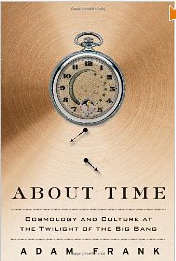
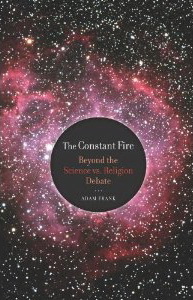


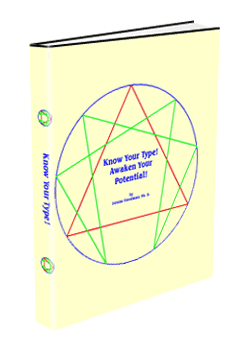

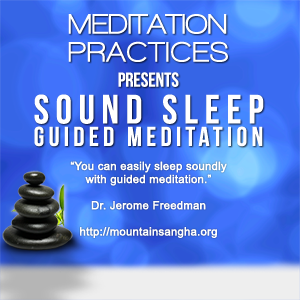

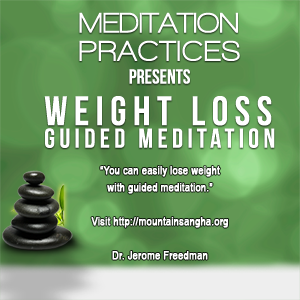
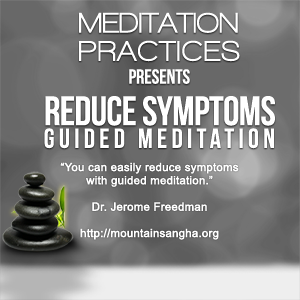

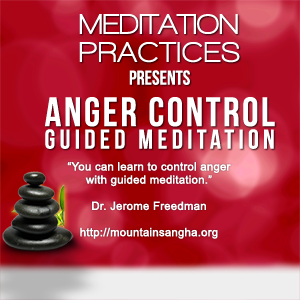


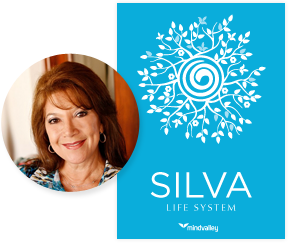
You must be logged in to post a comment.